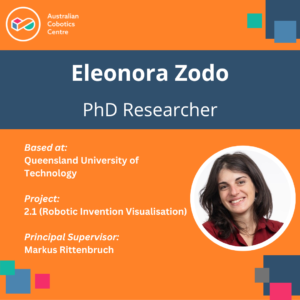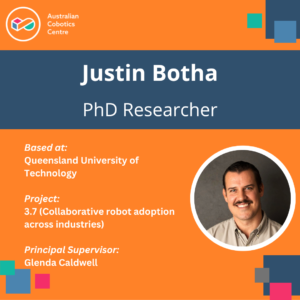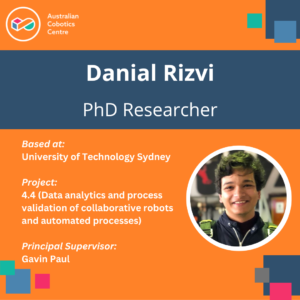 Phuong Tran is a PhD researcher based at the Queensland University of Technology and her project is part of the Collaborative Robots and Humans’ Work project, which is part of the Human-Robot Workforce program at the Australian Cobotics Centre. We interviewed Phuong recently to find out more about why she does what she does.
Phuong Tran is a PhD researcher based at the Queensland University of Technology and her project is part of the Collaborative Robots and Humans’ Work project, which is part of the Human-Robot Workforce program at the Australian Cobotics Centre. We interviewed Phuong recently to find out more about why she does what she does.
-
Tell us a bit about yourself and your research with the Centre? Include the long-term impact of what you are doing.
I completed my Master of Business in 2018 and Master of Philosophy (MPhil) in early 2023 at Queensland University of Technology (QUT). My MPhil thesis focused on organisational justice on digital labour platforms. I worked as a sessional academic at QUT and Griffith University between 2019-2023, and as a Research Assistant in various QUT research projects before commencing my PhD in 2023.
My PhD research project is based at QUT and part of the CSIRO’s Collaborative Intelligence (CINTEL) Future Science Platform. My research seeks to understand the work design implications of working with collaborative robots (cobots) in manufacturing. Understanding the effect of cobot usage on work design characteristics is crucial for assessing their effect on workers’ job satisfaction and turnover intention. This understanding is important in the context of manufacturing sector, which is currently experiencing labour shortages and challenges attracting and retaining talent. At the same time, manufacturers are turning to advanced technologies, such as cobots, to increase production competitiveness. Therefore, it is essential to comprehend the impact of cobots on job satisfaction and turnover intention to effectively manage the integration of cobots into the workplace. This ensures that the benefits of cobot usage for organisations are maximised while minimising potential negative effects on workers.
Why did you decide to be a part of the Australian Cobotics Centre?
I decided to join the Australian Cobotics Centre (ACC) because it offers a unique opportunity to engage in interdisciplinary research within a large collaborative community. The ACC brings together researchers from various fields such as engineering, design, and management, and fosters industry engagement, to address complex challenges and changes associated with the integration of collaborative robots (cobots) within the Australian manufacturing. Additionally, my past research focused on digital platform workers’ fairness perceptions, and at the ACC, I can continue exploring the impacts of technology on people and the nature of work.
-
What project are you most proud of throughout your career and why?
The project I am most proud of throughout my career is my current PhD research. What makes this project particularly meaningful to me is the personal and professional journey it represents. Balancing the demands of a PhD research project while being a first-time mom has been challenging yet rewarding. It has provided me with opportunities to develop myself both personally and professionally, teaching me resilience, time management, and the importance of support systems. This experience has not only enriched my skills but also deepened my appreciation for the impact of work-life balance on job satisfaction, a key aspect of my research.
-
What do you hope the long-term impact of your work will be?
I hope my work will provide valuable insights to inform organizations on the design and implementation of cobots, enabling them to optimise their cobot usage and/or address associated work design issues. I aspire for my research to inform policies and practices that promote positive and sustainable work environments. I aim for the findings from my research to support the development of strategies to create better-designed work environments, improve job quality, and therefore, enhance overall health and wellbeing outcomes for people.
I also hope the long-term impact of my work will extend to society at large. I would like for it to inform the creation of work opportunities for individuals who might not otherwise have access to them, and thereby contributing to greater social inclusion and independence.
-
Aside from your research, what topic could you give an hour-long presentation on with little to no preparation?
I would find it incredibly difficult to talk about anything for an hour without proper preparation. However, I imagine my one-hour long presentation would be titled: “The Art of Surviving Sleep Deprivation: Tips and Tricks from a First-Time Mom”.
Topics I might discuss include:
- The science of baby sleep cycles (or why your baby thinks 3AM is a good time for karaoke)
- Decoding baby talk: understanding the difference between “I’m hungry.”, and “I just scream for fun”.
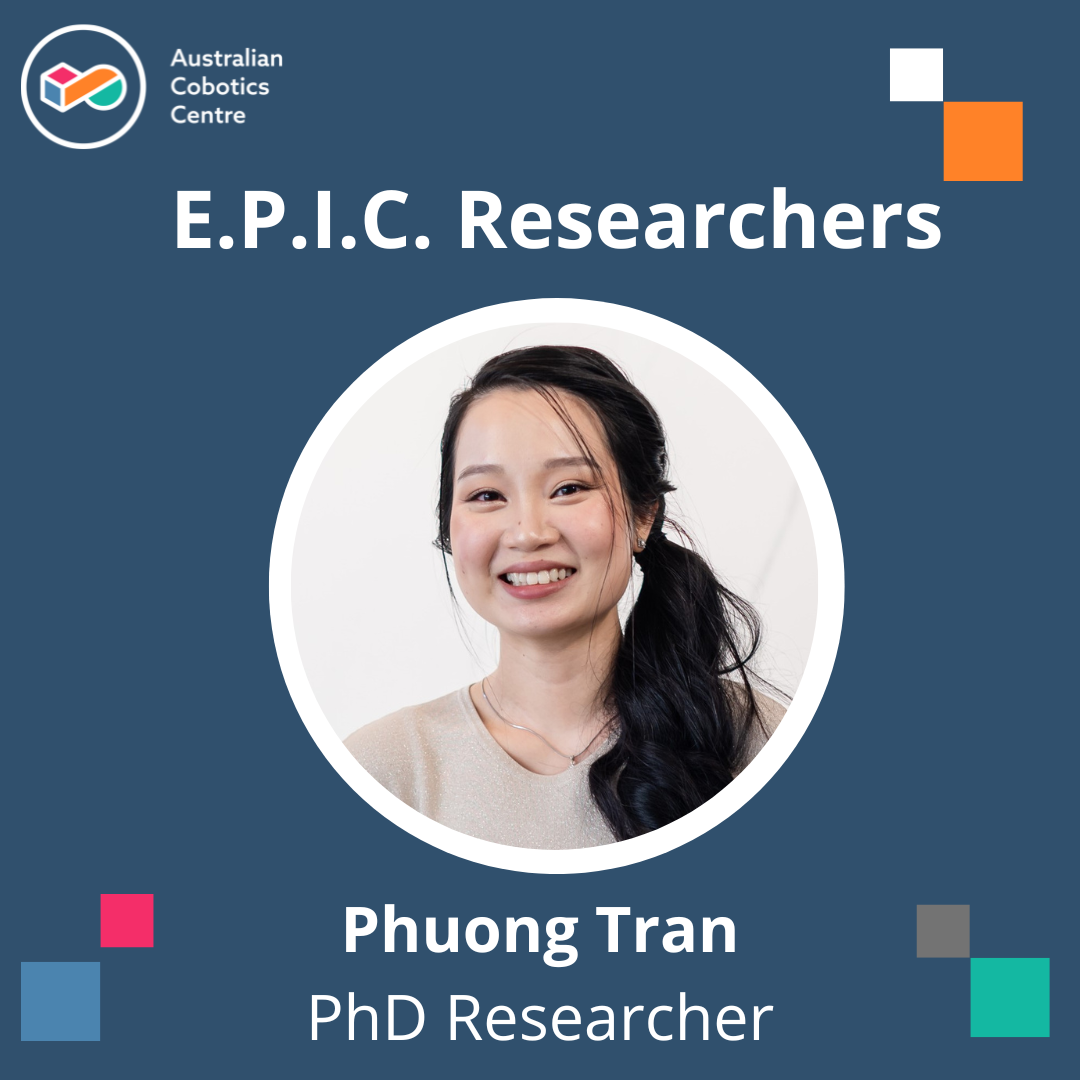
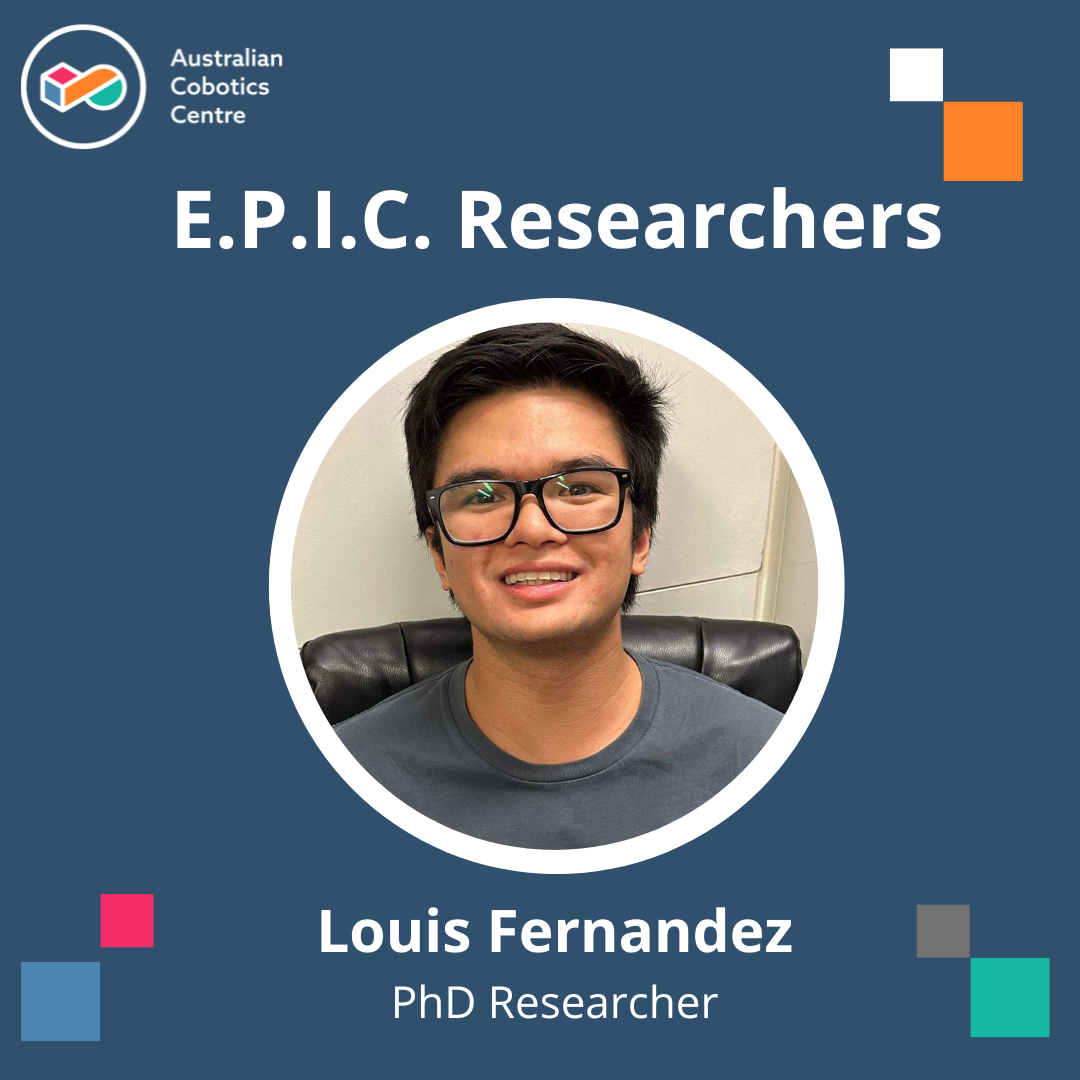
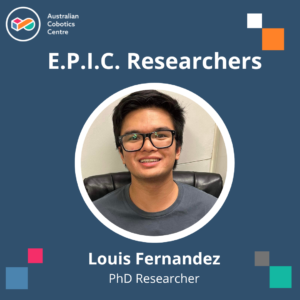 Louis Fernandez
Louis Fernandez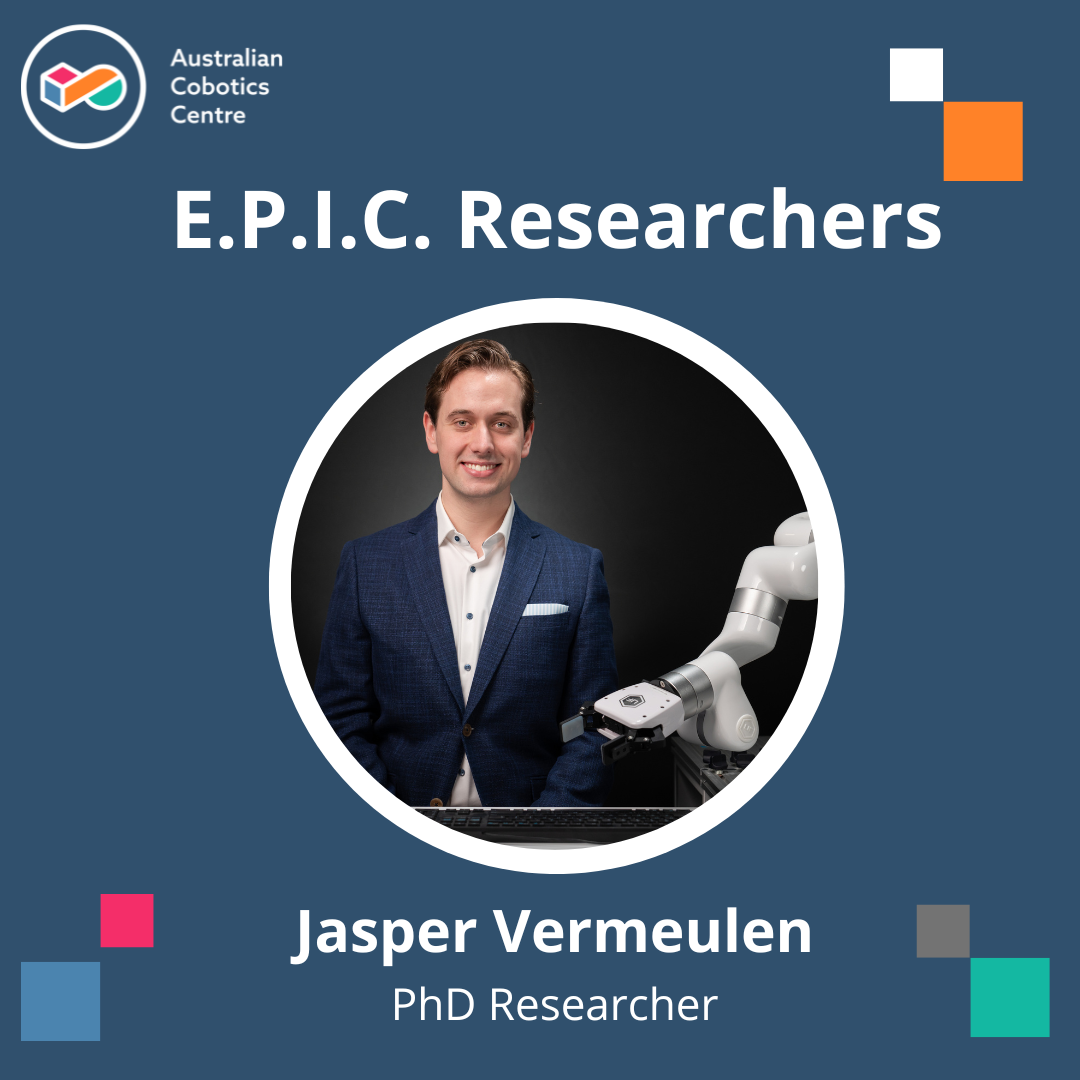
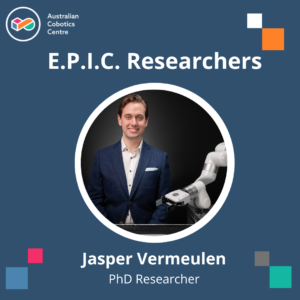 Jasper Vermeulen
Jasper Vermeulen

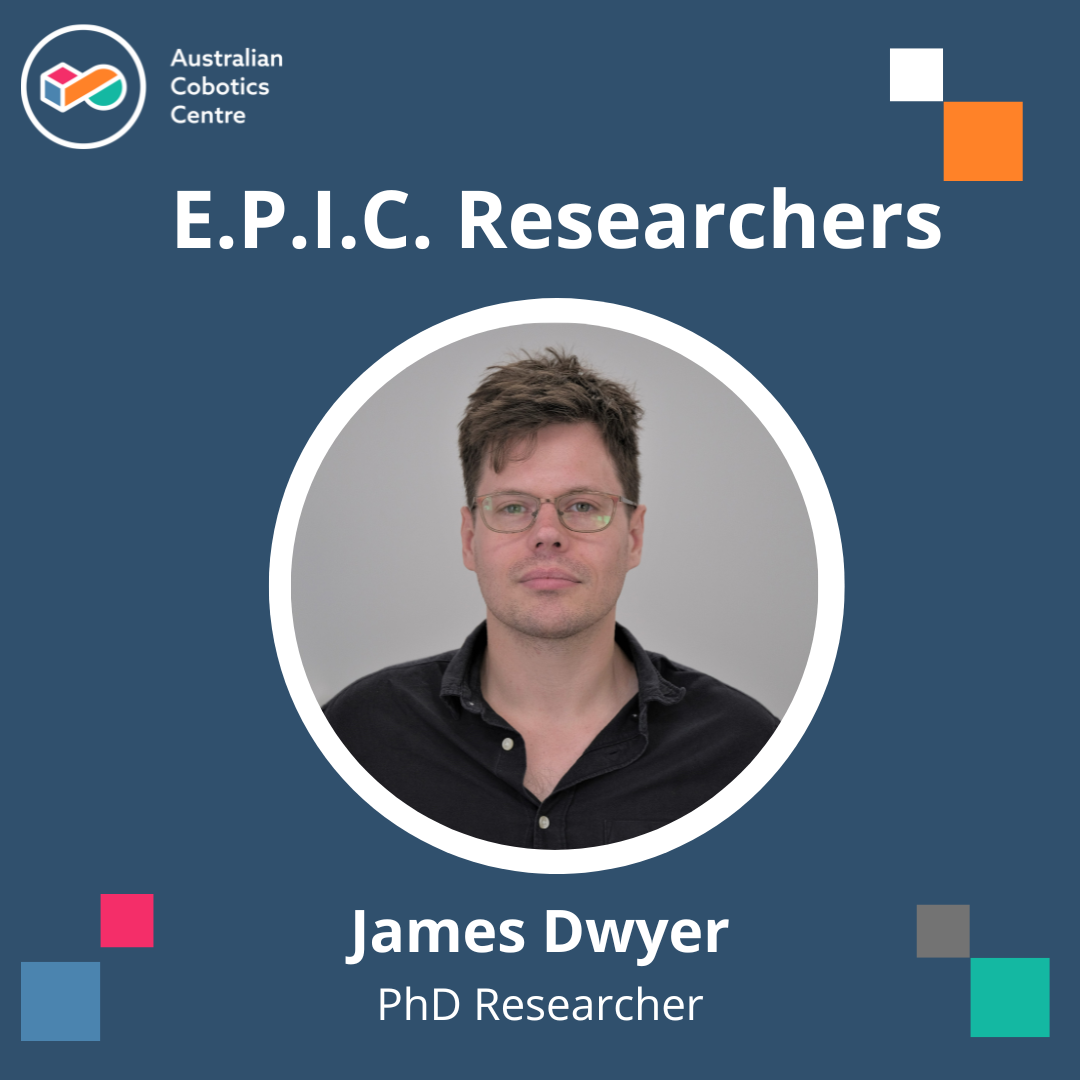
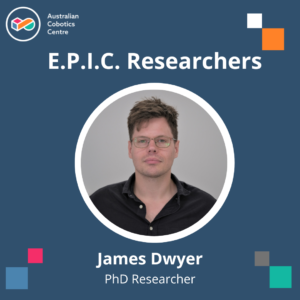 James Dwyer is a PhD researcher based at Queensland University of Technology and his project is part of the
James Dwyer is a PhD researcher based at Queensland University of Technology and his project is part of the 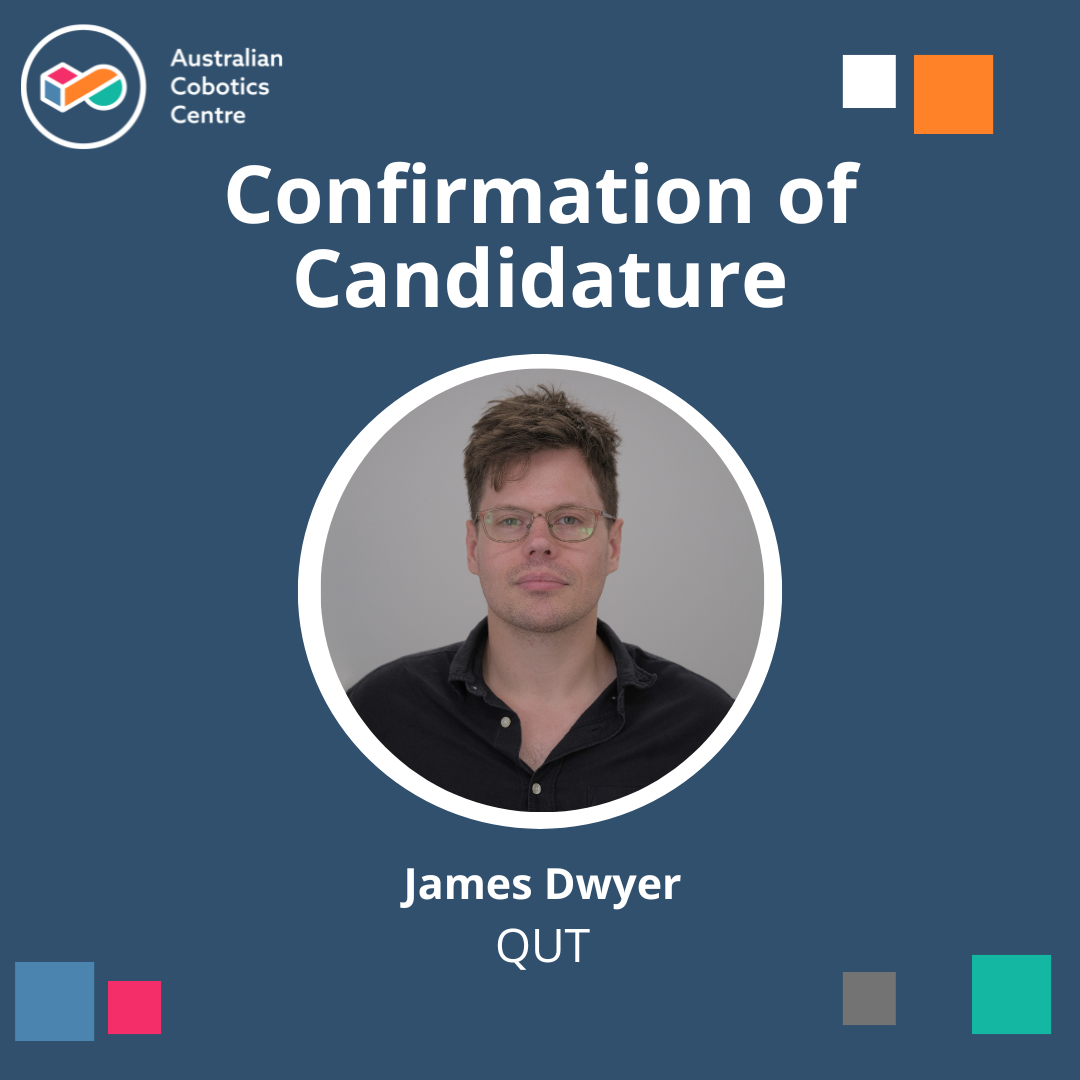
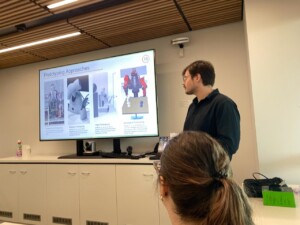
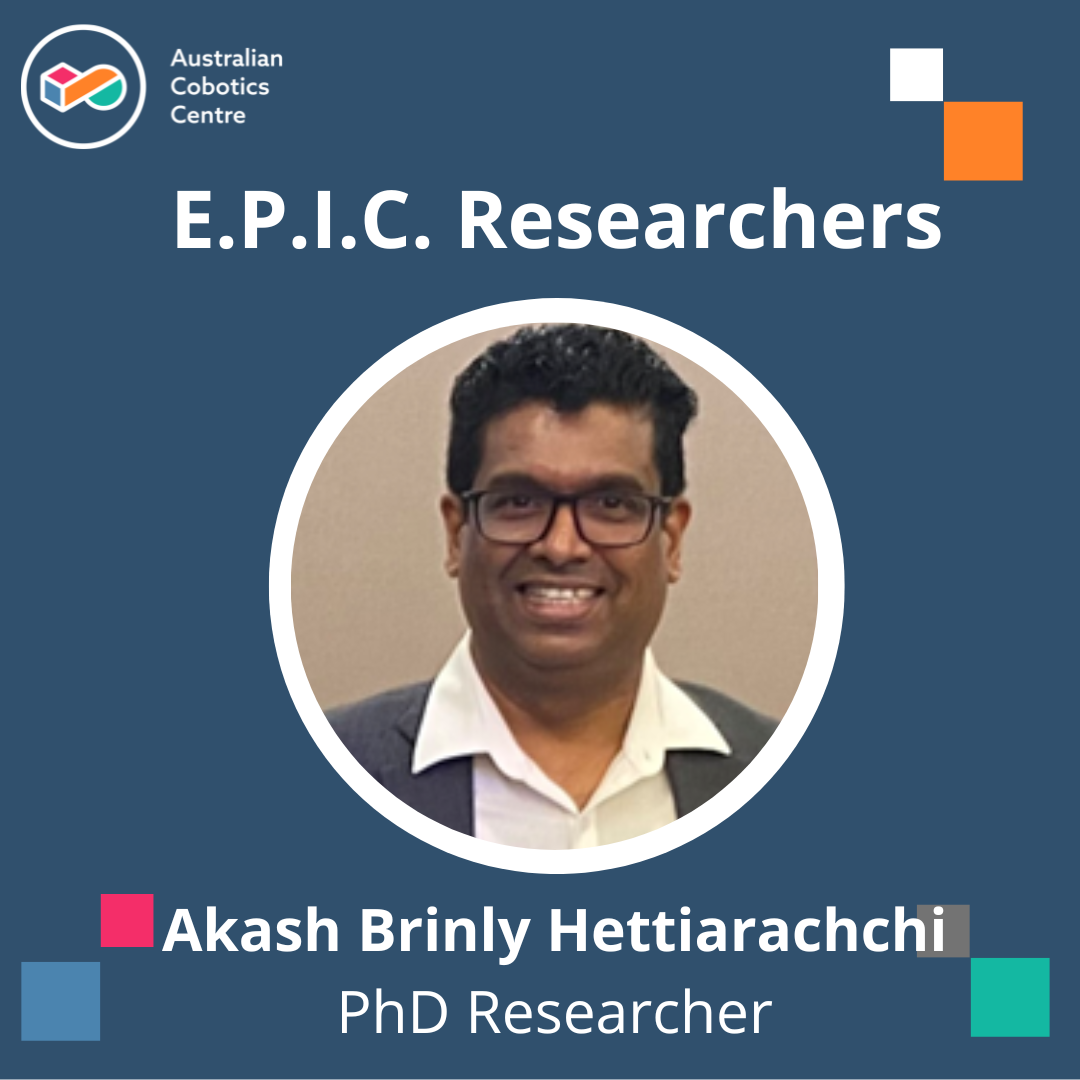
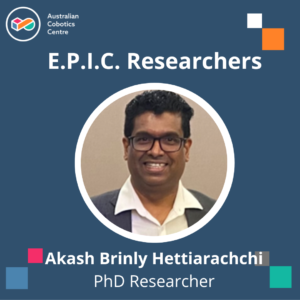 Akash Hettiarachchi is a PhD researcher based at Queensland University of Technology and his project is part of the
Akash Hettiarachchi is a PhD researcher based at Queensland University of Technology and his project is part of the 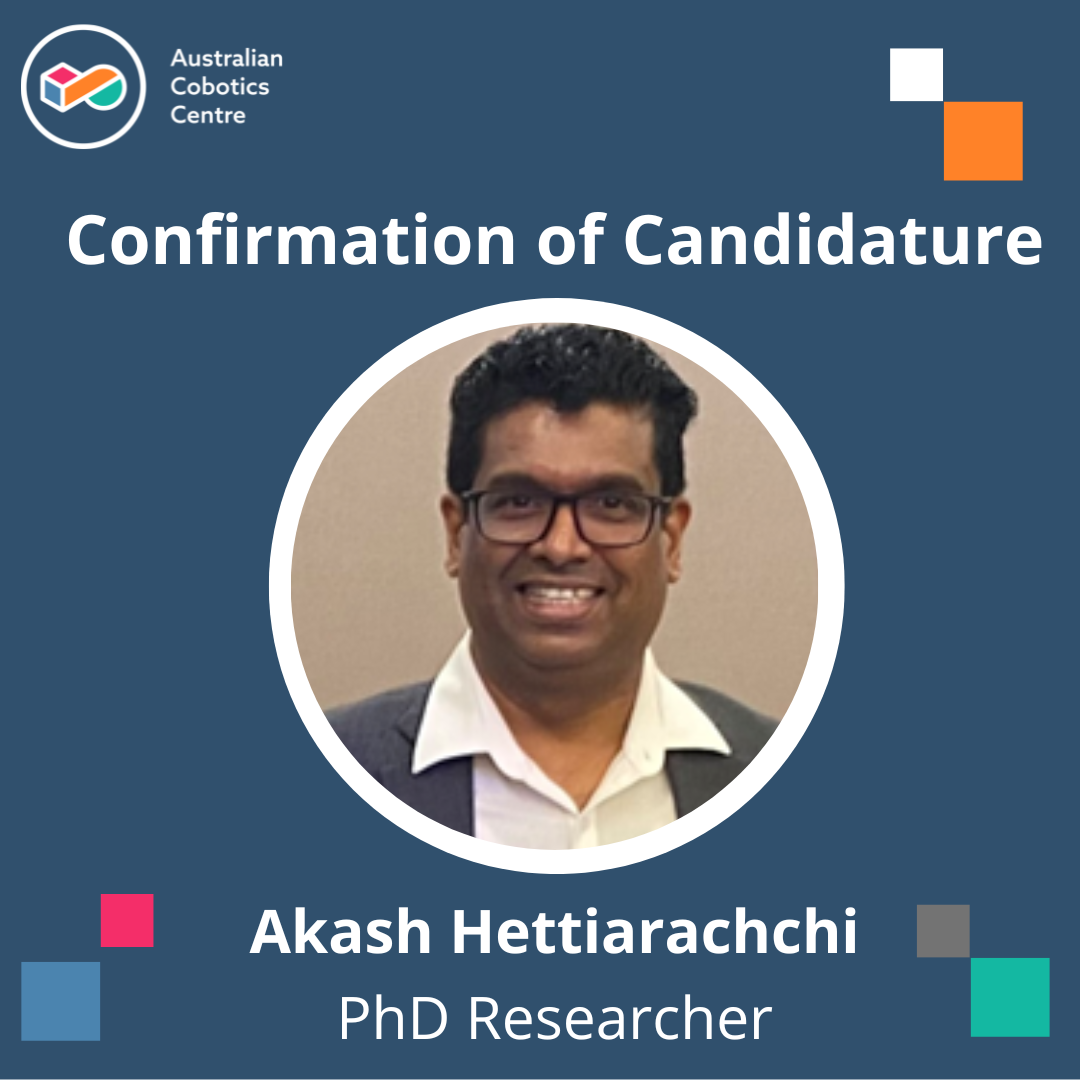
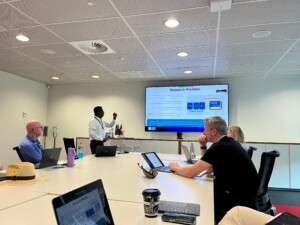
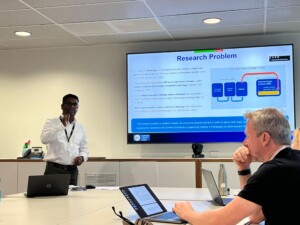
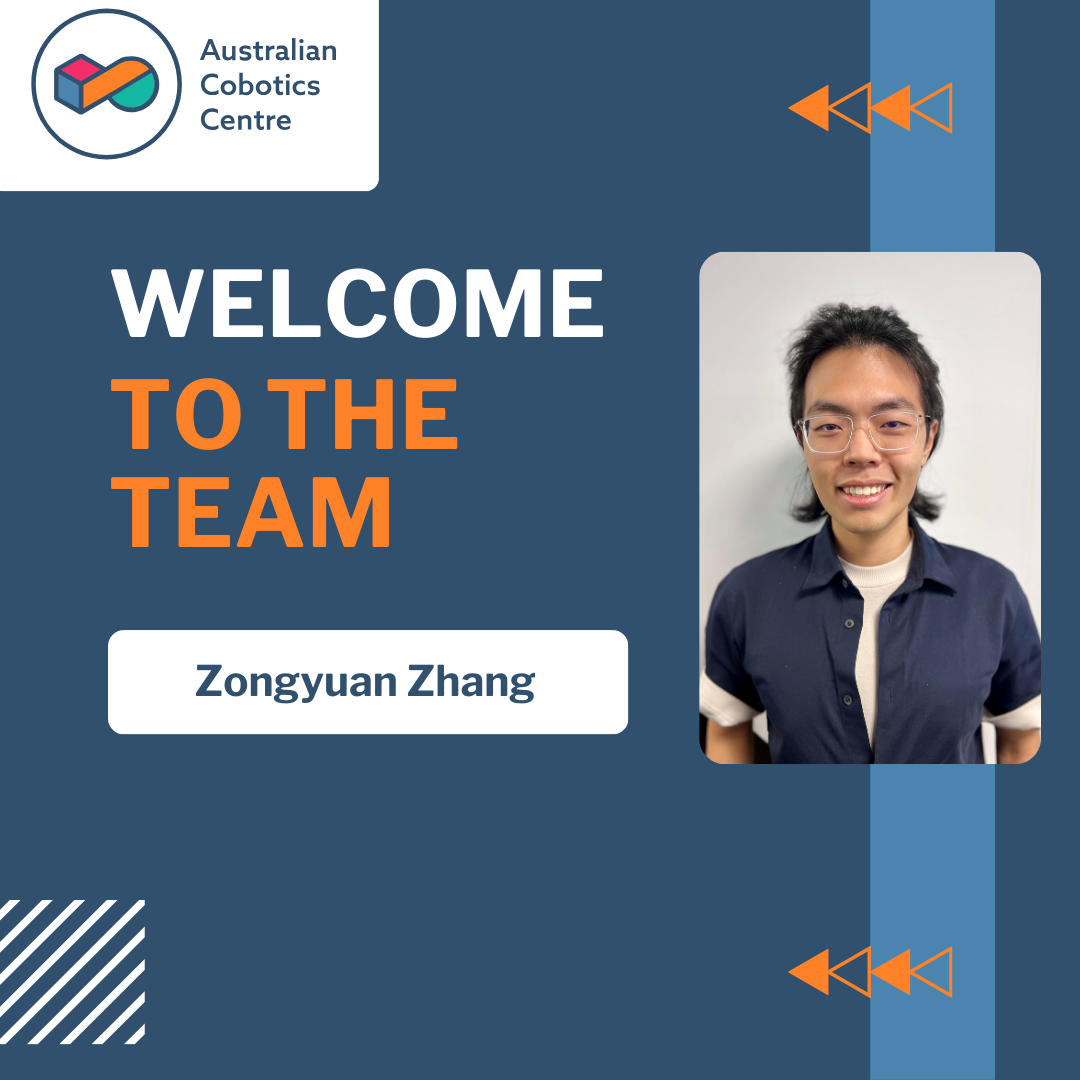
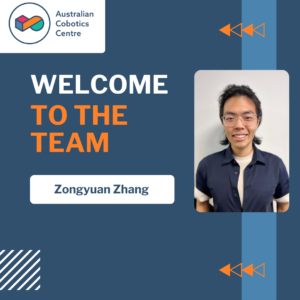 We are pleased to welcome
We are pleased to welcome 
